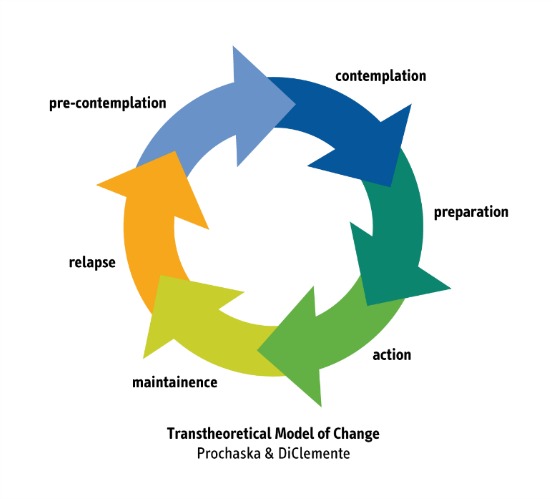Recovery
A Process of Change
When seeking help for a substance use disorder, the word “Recovery” is often used to describe the process one takes to get their life back on track. According to the Substance Abuse and Mental Health Service Administration (SAMHSA), recovery is “A process of change through which people improve their health and wellness, live self-directed lives, and strive to reach their full potential.” While some pathways to recovery are more common than others, there are many pathways one can take.
Pathways to Recovery
Like many other mental illnesses and chronic diseases, addiction requires a great deal of management and support for ongoing success. SAMHSA defines the following four dimensions as key aspects for those in recovery from substance use disorder:
- Health—overcoming or managing one’s disease(s) or symptoms and making informed, healthy choices that support physical and emotional well-being.
- Home—having a stable and safe place to live.
- Purpose—conducting meaningful daily activities and having the independence, income, and resources to participate in society.
- Community—having relationships and social networks that provide support, friendship, love, and hope.


Because of substance use disorder’s ability to invade all parts of an individual’s life, it is crucial to seek support for all areas of one’s life. The following are critical to recovery ongoing success:
- Gainful employment
- Continuing education
- Exercise
- A safe place to live
The process of recovery is often one characterized by peer support and new, recovery centered relationships. Through recovery, new relationships and social networks are formed that allow the individual to learn a new way of living from their peers without the use of mind altering substances.
According to change theories, relapse and setbacks become a part of the individual’s growth and recovery process. This is described as the “upward spiral,” which depicts how one learns and grows from each setback that is experienced. As a result, the individual learns how to use the tools and supports they’ve gained in their recovery and they become more resilient as a result.
Not only do people living with substance disorder have a recovery process, families are also encouraged to seek their own support networks because of the pain and suffering families often experience. This support can come from a variety of sources including family counseling, the faith community, or 12 step fellowships like Al-Anon or Nar-Anon.
Many recovery supports also exist that aim to support one or more of the four dimensions of recovery, including:
- Peer Recovery Coaching
- Collegiate Recovery Communities
- Recovery High Schools
- Alternative Peer Groups
- Recovery Residences



